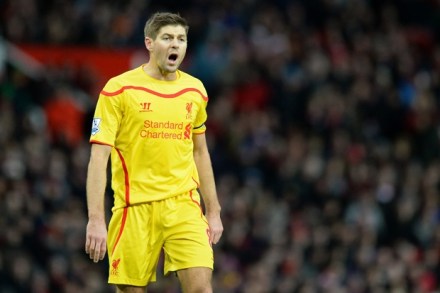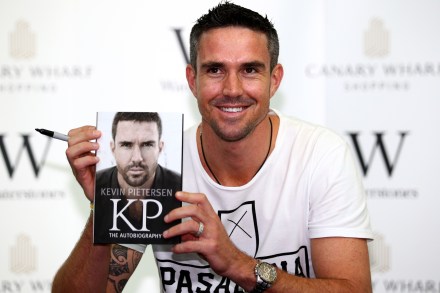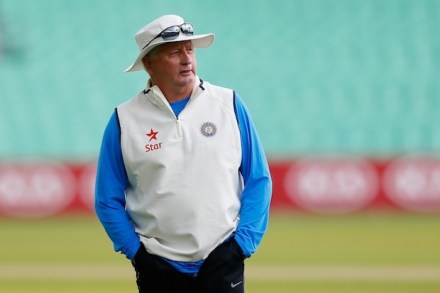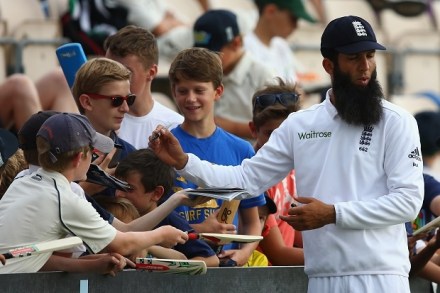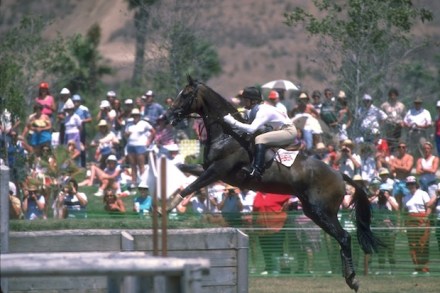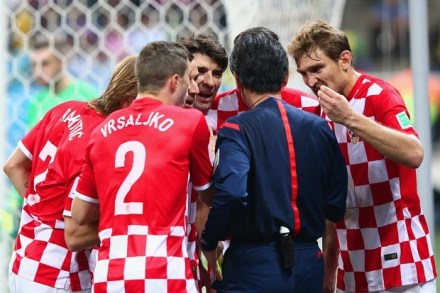The myth of Steven Gerrard
‘As a leader and a man, he is incomparable to anyone I have ever worked with.’ Obviously quite some guy, that: John Hunt of Everest? Nelson Mandela? The All Blacks’ all-conquering Richie McCaw? No, it’s Brendan Rogers on Steven Gerrard. The Liverpool manager insists that, although the word ‘legend’ is all right for Thierry Henry or John Terry, it is woefully inadequate for Gerrard. The extravagantly coiffed Robbie Savage, who is now the BBC’s default commentator, has declared the departing club captain the best Liverpool player ever. Actually there’s a good argument that he wasn’t even the best Liverpool midfielder ever. Would he have got into the side when Souness
